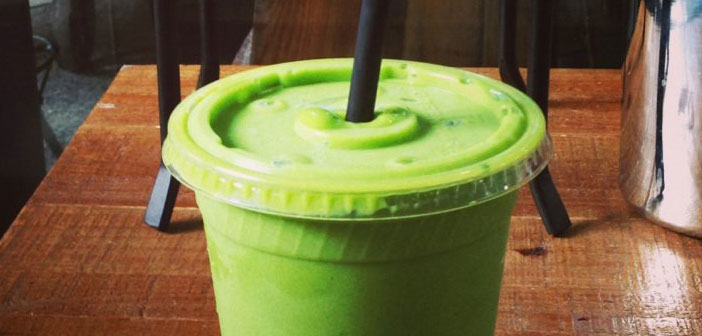What Unpasteurized Juice and Is It Safe?
The risks associated with drinking unpasteurized juice can vary depending on the type of juice, the source of the fruit or vegetables, and the processing methods used. Some juices, such as apple cider, are more likely to be contaminated with harmful bacteria than others, such as orange juice. Additionally, unpasteurized juice made from fruits or vegetables grown in areas with poor sanitation practices or contaminated with animal feces is more likely to contain harmful bacteria. Improper processing and storage of unpasteurized juice can also increase the risk of contamination.
The risks associated with drinking unpasteurized juice include foodborne illnesses such as E. coli, Salmonella, and Listeria. These illnesses can cause a range of symptoms, including fever, chills, nausea, vomiting, diarrhea, and abdominal pain. In severe cases, these illnesses can lead to hospitalization and even death.
For these reasons, it is generally recommended to consume pasteurized juice rather than unpasteurized juice to minimize the risk of foodborne illness. However, some individuals may prefer the taste or nutritional content of unpasteurized juice and choose to consume it despite the potential risks. It is important for consumers to be aware of the risks associated with unpasteurized juice and to make an informed decision about whether or not to consume it.



